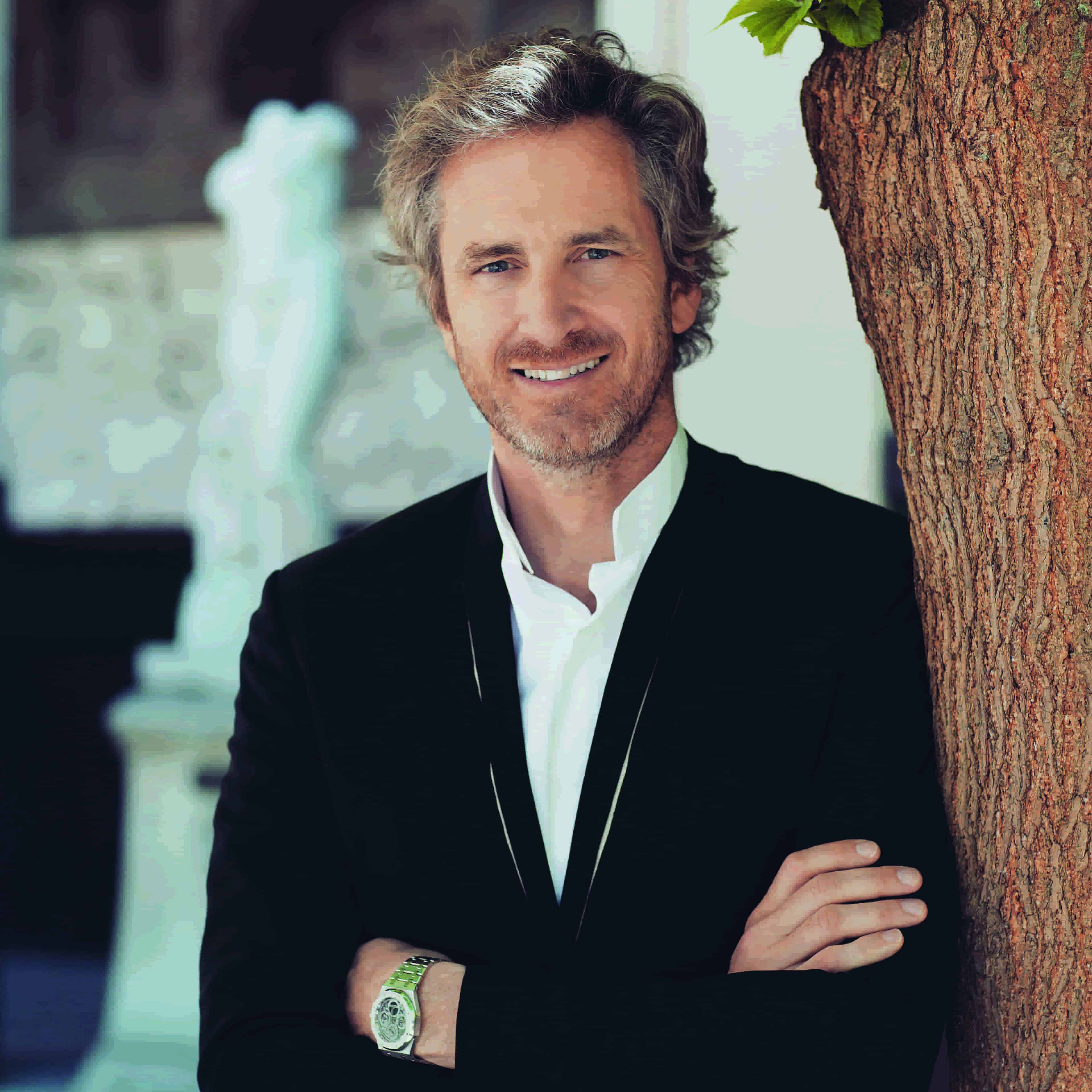HEC STORIES #2 : INTRO by Frédéric Jousset (H.92), President of HEC Alumni

HEC for good
“Tech for good” was the catchphrase of the VivaTech show opened by Emmanuel Macron last May in Paris. “Don’t be evil,” is the mantra of Google, one of a very select group of companies whose value has exceeded $1 trillion. There is clearly an expectation of virtue on the part of major corporations, all the more so as new technologies increase their power exponentially. In unscrupulous hands, artificial intelligence, genetic engineering, and permanent surveillance of citizens can produce frightening results, worthy of the science-fiction series Black Mirror. Will Chinese entrepreneurs be as concerned about the common good as Bill Gates? “Science without conscience is but the ruin of the soul”, François Rabelais warned us as early as the 16th century. In this new era, with the Tapie years long behind us, money is no longer the sole criterion of success. This was evidenced by Swedish high-school student Greta Thunberg; guest of honor at the Davos World Economic Forum at the tender age of 16. Further proof can be seen in the rise of the B Corp label that we feature in our report, the proliferation of ethical investment funds, or conversely the fall of Carlos Ghosn, a leader who seemed as unbudgeable as Harvey Weinstein in Hollywood. As is often the case in France, corporate behavior is dictated by law. Namely, the famous Pacte law, which aims to force companies to consider the common good in their corporate objectives. But companies are stateless. And like the tongues served up in one of Aesop’s fables, they can be the best of things and the worst. The chemical industry, for instance, invented the fertilizers that now allow us to feed a population of 7 billion. But that same industry has caused disasters like the one in Bhopal, India, which killed 2,500 people. It is also the industry that gave rise to the deadly gases used in conflicts since the Second World War. More than laws—which can always be circumvented in a globalized world—it is the morality of managers and rigorous auditing by shareholders that offer the best assurance of societal impact. HEC has a major role to play in this field. We must make future managers aware of a sustainable form of capitalism. One that cares about the environment and unjust distribution of wealth. Thanks to our alumnus Hubert Joly, HEC will take the initiative of setting up a research chair on “purposeful leadership”. Perhaps this will convince other Grandes Ecoles and universities of the benefit of raising awareness among those who will lead globalization in the future, just as young people in France used to receive lessons in civic responsibility. Let’s hope that the example set by Hubert Joly also triggers a more widespread mobilization of alumni to contribute to the Foundation’s 2nd campaign. It got off to a flying start at the gala banquet on June 20th, and this campaign aims to raise 200 million euros! HEC’s academic excellence is priceless, but it does have a cost. As does the funding of equal opportunities, with our stated objective of increasing the percentage of scholarship students to 25% in the medium term. Since we are talking about social responsibility, HEC must set an example and reach out to those who are socially and financially far removed from the world of the Grandes Ecoles. Some years ago—or a long time ago, for some of us—getting into HEC was our dream. Now let’s make that dream come true for others. Have a great summer!
COVER STORY
by Arthur Haimovici
At a fundamental level, Andy Warhol’s screen-printed Campbell’s Soup cans are like the products that bear the “B Corp” label. Beneath their innocuous appearance, they carry a lofty ambition, as well as a slightly subversive view of the functioning of capitalism. While Warhol’s paintings made their mark on art history by playing with the faces and methods of mass production and consumer society, the fast-rising B Corp certification seeks to redirect the course of economic history by putting business at the service of the common good. A lofty goal, then. But also, paradoxically, the appearance of an easy process. By using production methods usually reserved for advertisers, Warhol invented mass creation. The effortless masterpiece, with many lucrative variations on his simple can of soup. The B Corp label seems to send the message that we will painlessly overcome the social and environmental crises facing the world, without having to disrupt our lifestyles. No need to shake everything up: we can make it win-win, have our cake and eat it too, the profit and the virtue… We can have it all! It’s as simple as filling out a questionnaire and printing the B Corp logo on your packaging. Too good to be true? That is the question posed by our cover picture. Just like the countless “claims” plastered all over cereal or yogurt packaging (creamy, bone-strengthening, packed with vitamins), is this label just another example of green-social washing? Certainly not! Or so we are told by the HEC alumni who added their testimony to our investigation and who have seen tangible changes come about as a result of the B Corp certification. But there is still a long way to go and many companies to convert. One example is the multinational Campbell Soup Company, the original creator of those famous soup cans. Although involved in the B Corp movement, the company has not yet obtained that prized stamp of approval.
Published by La rédaction

